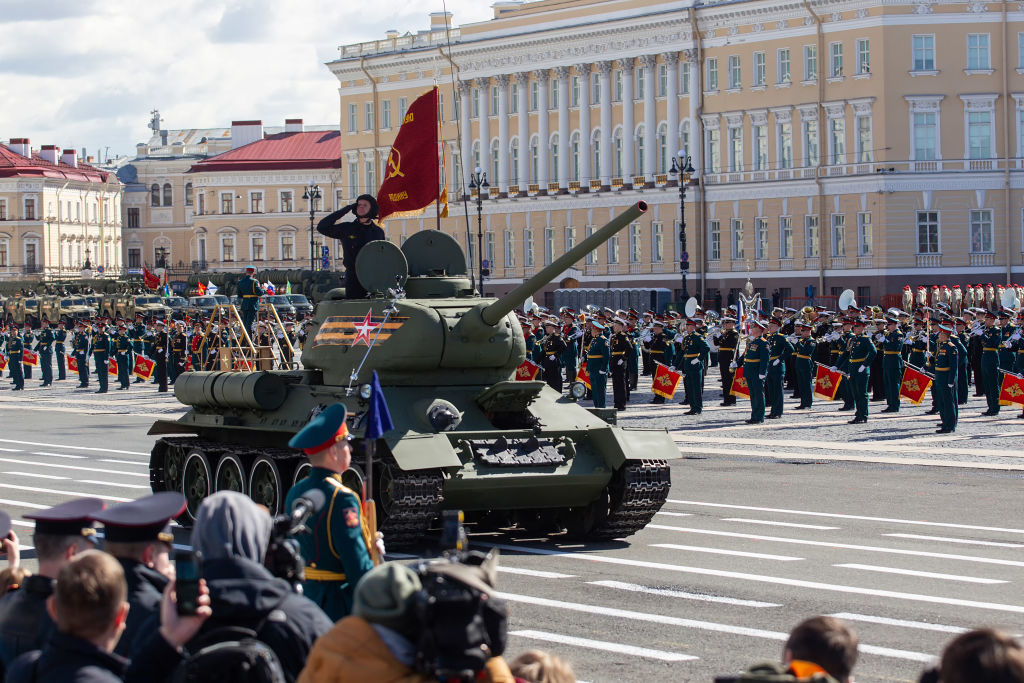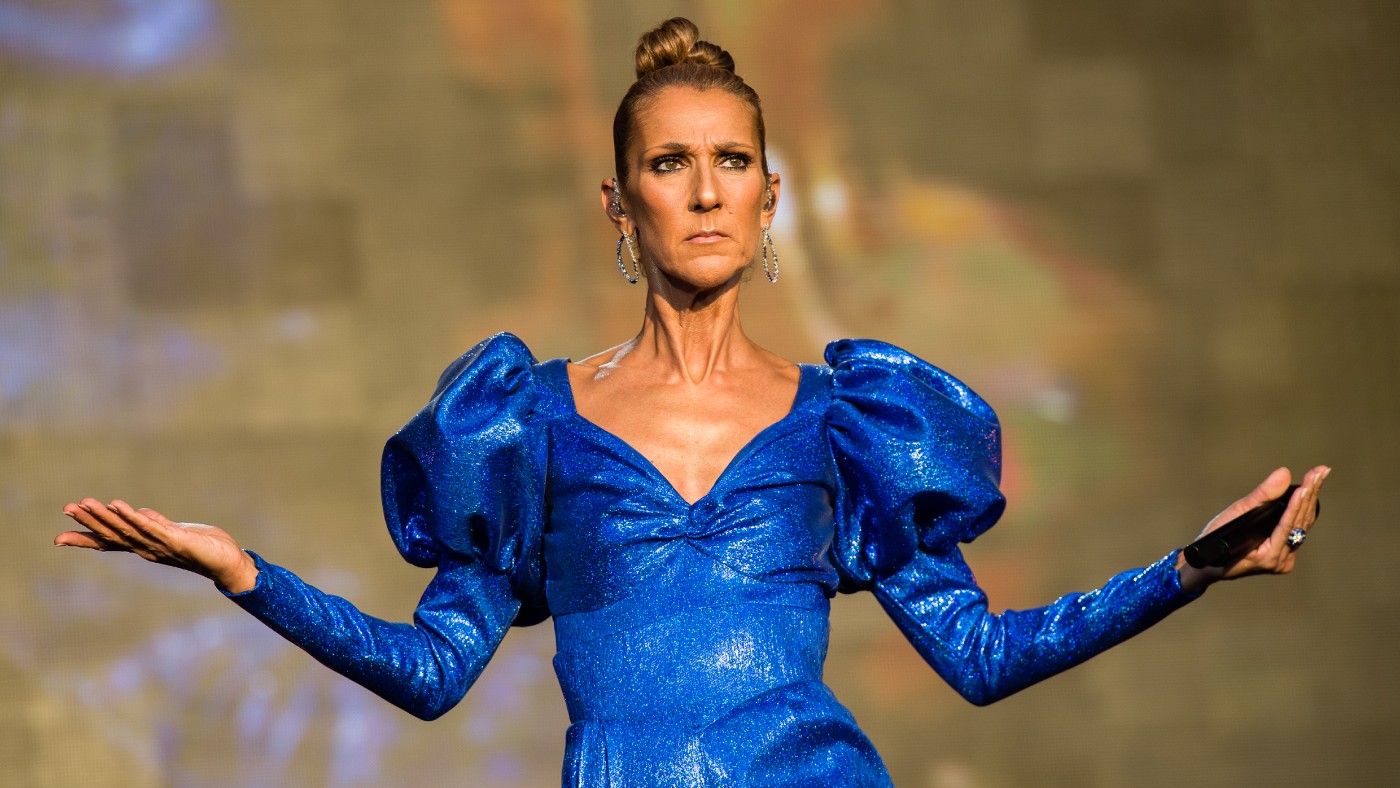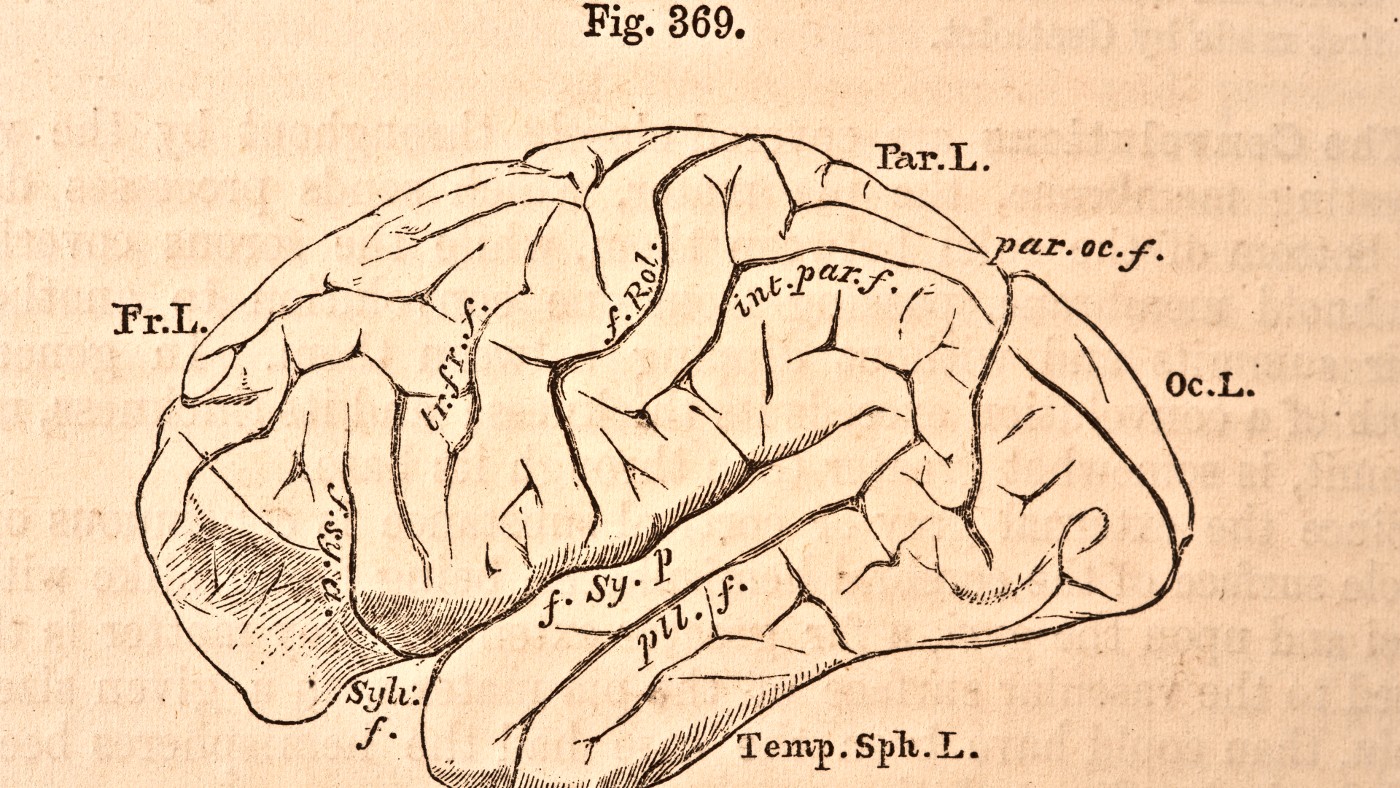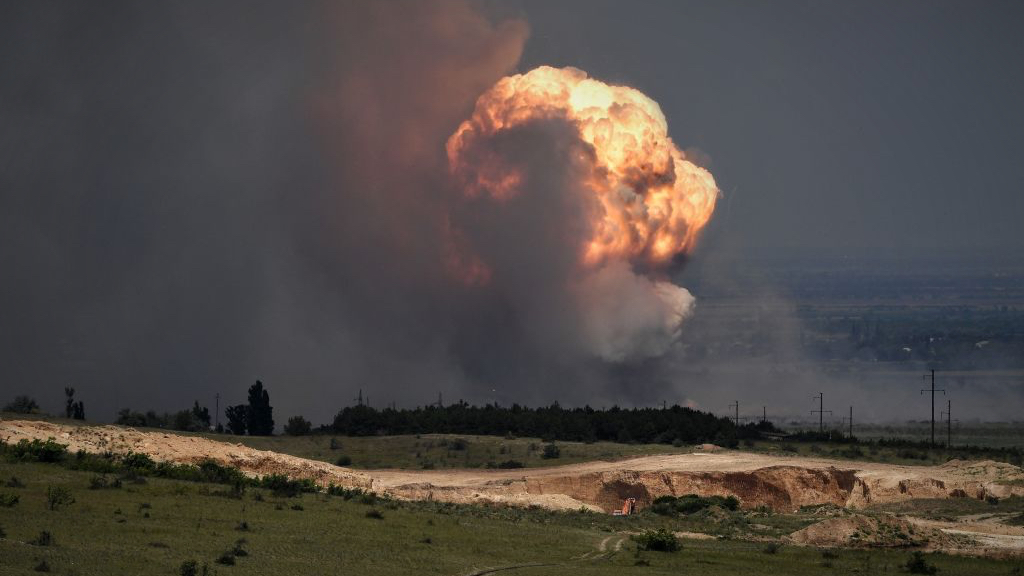Russia cancels or scales back Victory Day parades amid anxieties over Ukraine war


A free daily email with the biggest news stories of the day – and the best features from TheWeek.com
You are now subscribed
Your newsletter sign-up was successful
Victory Day, celebrated May 9 to commemorate the Soviet defeat of Nazi Germany, is Russia's most important military holiday, typically used to showcase the country's military might and hardware. This year, "six Russian regions, occupied Crimea, and 21 cities" have canceled this Victory Day parades citing "security concerns," Britain's Ministry of Defense reports. "Moscow's Victory Day celebration is likely to go ahead but on a smaller scale. Russian President Vladimir Putin's reception following the parade (last held in 2019) will not go ahead."
The Kremlin "likely hopes to limit typical May 9 events to conceal the degradation of the Russian military," the Institute for the Study of War think tank suggests. Much of the advanced military equipment usually paraded through Red Square "is either critical to Russian operations in Ukraine or has been destroyed in 14 months of attritional fighting."
The "mounting anxiety following a series of attacks and over a looming Ukrainian counteroffensive" is also clouding Victory Day celebrations, The New York Times adds. Last week's drone explosion over the Kremlin "was one of several apparent attacks within Russia that have amplified jitters in the country," including a weekend car bombing outside Moscow that "seriously wounded a prominent Russian nationalist and novelist and killed his driver."
The Week
Escape your echo chamber. Get the facts behind the news, plus analysis from multiple perspectives.

Sign up for The Week's Free Newsletters
From our morning news briefing to a weekly Good News Newsletter, get the best of The Week delivered directly to your inbox.
From our morning news briefing to a weekly Good News Newsletter, get the best of The Week delivered directly to your inbox.
Ukraine's use of a U.S. Patriot air defense system to successfully intercept a Russian hypersonic Kinzhal missile, one of Russia's most sophisticated weapons, "has likely caused a severe amount of uncertainty for Russia" as well, CNN reports, citing a U.S. source. Putin lauded the Kinzhal in 2018 as "invincible against all existing and prospective missile defense and counter-air defense systems."
On the other side, Russia is making a final push to conquer all of Bakhmut ahead of Victory Day, to finally claim a win, and "our task is to prevent this," Ukrainian Gen. Oleksandr Syrsky wrote on Telegram late Sunday.
Ukrainian President Volodymyr Zelensky said Monday he will ask Ukraine's parliament to approve changing Ukraine's celebration of Victory Day to May 8, when "most nations of the world remember the greatness of the victory over the Nazis," not May 9. "We will not allow the joint victory of the nations of the anti-Hitler coalition to be appropriated," he added, comparing Russia's invasion of Ukraine, with its risible goal of "de-Nazifying" Ukraine, to Nazi Germany's invasion in World War II.
A free daily email with the biggest news stories of the day – and the best features from TheWeek.com
Peter has worked as a news and culture writer and editor at The Week since the site's launch in 2008. He covers politics, world affairs, religion and cultural currents. His journalism career began as a copy editor at a financial newswire and has included editorial positions at The New York Times Magazine, Facts on File, and Oregon State University.
-
 What is the endgame in the DHS shutdown?
What is the endgame in the DHS shutdown?Today’s Big Question Democrats want to rein in ICE’s immigration crackdown
-
 ‘Poor time management isn’t just an inconvenience’
‘Poor time management isn’t just an inconvenience’Instant Opinion Opinion, comment and editorials of the day
-
 Bad Bunny’s Super Bowl: A win for unity
Bad Bunny’s Super Bowl: A win for unityFeature The global superstar's halftime show was a celebration for everyone to enjoy
-
 Celine Dion 'civil war' in New Zealand
Celine Dion 'civil war' in New ZealandTall Tales And other stories from the stranger side of life
-
 Woman lives with needle in brain for 80 years
Woman lives with needle in brain for 80 yearsTall Tales And other stories from the stranger side of life
-
 Russia's Crimea fleet shipyard on fire after Ukrainian missile strike
Russia's Crimea fleet shipyard on fire after Ukrainian missile strikePhotos and videos showed huge explosions and raging fires at the Sevastopol Shipyard
-
 Nobody seems surprised Wagner's Prigozhin died under suspicious circumstances
Nobody seems surprised Wagner's Prigozhin died under suspicious circumstancesSpeed Read
-
 Western mountain climbers allegedly left Pakistani porter to die on K2
Western mountain climbers allegedly left Pakistani porter to die on K2Speed Read
-
 'Circular saw blades' divide controversial Rio Grande buoys installed by Texas governor
'Circular saw blades' divide controversial Rio Grande buoys installed by Texas governorSpeed Read
-
 Los Angeles city workers stage 1-day walkout over labor conditions
Los Angeles city workers stage 1-day walkout over labor conditionsSpeed Read
-
 Mega Millions jackpot climbs to an estimated $1.55 billion
Mega Millions jackpot climbs to an estimated $1.55 billionSpeed Read
